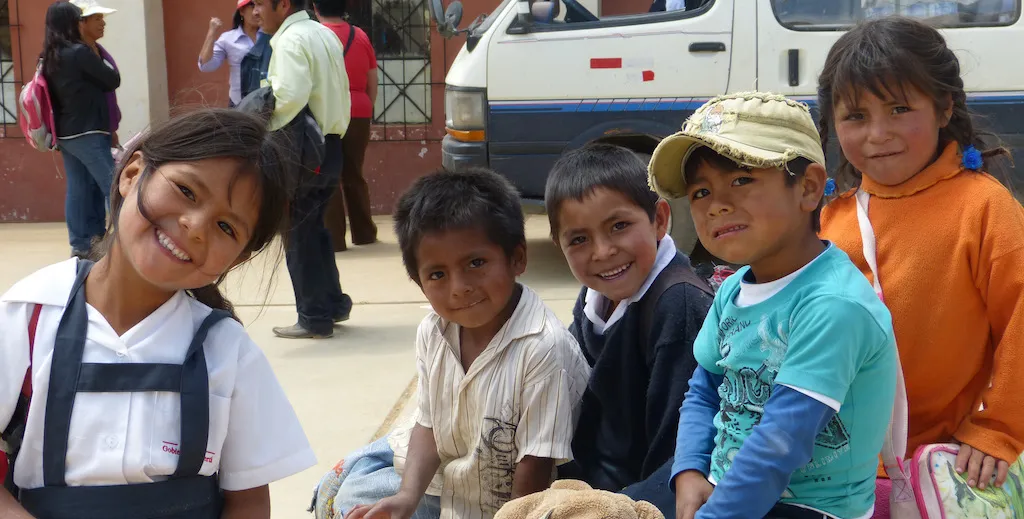Between 2 % and 8 % of children suffering from type 1 diabetes die at the beginning of the disease due to the lack of timely diagnosis.
According to the pediatric endocrinologist Juan Pablo Llano, it is often difficult to detect diabetes in children."It becomes a silent, deadly disease and, causing hypoglycemia crisis, unrelated children are at serious risk."
Llano explained that type 1 diabetes, which usually occurs in children from the age of eight and youngEnergy food. "In this type of diabetes the pancreas loses its ability to make the hormone because the immune system attacks and destroys the cells of the pancreas responsible for manufacturing this hormone," he said.
The consequence of this is reflected in an increase in glucose levels "that if they are not treated properly, can cause serious long -term disorders, such as vision loss, cardiovascular diseases, renal failure, lung problems and evendeath".
Parents must be attentive to certain symptoms, such as the need to urinate a lot and drink a lot of liquid, be tired very often and lose weight or not win it as individuals grow.
Along the same lines, the expert said that among the causes that detonate the disease is the genetic load, a failure in the defenses system in the pancreas, but also an unfavorable environment."It has been proven that high levels of pollution trigger type 1 diabetes."
Therefore, in the United States and Latin America there has been a significant increase in this disease in the last two decades. "This is also due to the fact that there has been an important weight gain in the child population and that is an important factor in developing theDiabetes, both type 1 and type 2, "he said.
Llano, a member of the European Society of Paediatric Endocrinology (Espe), said another big problem is that the governments of Latin American countries do not take care of reducing obesity rates in the population and therefore curb the increase in diabetes."There are no effective strategies of governments in the fight against overweight," he denounced.
The solution must occur from home, "parents must encourage good habits, good food and exercise in the little ones; from there we must start."
In the process of, Llano asked the population to inform themselves more about this disease in order to have more timely diagnoses that avoid more severe complications in the health of infants. "And above all, end myths, such as insulin damageThe organs, or that chubby children are healthy children, "he said.
He also indicated that health professionals should treat the diabetic child in a special way."You have to take away the faults and fears that something very serious will happen to them, because they must be aware that well -controlled diabetes is a condition with which they can live and not a deadly disease," he said.


